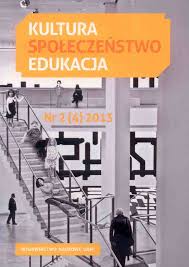Three concepts of discourse: Foucault, Laclau, Habermas
Three concepts of discourse: Foucault, Laclau, Habermas
Author(s): Lotar RasińskiSubject(s): Theoretical Linguistics, Contemporary Philosophy, Philosophy of Language, Evaluation research
Published by: Uniwersytet Adama Mickiewicza
Keywords: Michel Foucault; Ernesto Laclau; Jürgen Habermas; discourse; theory of language; linguistic turn;
Summary/Abstract: The aim of this article is to examine three currently dominant concepts of discourse, developed by Michel Foucault, Ernesto Laclau and Jürgen Habermas. I argue that these concepts of discourse constitute neither a coherent methodological agenda nor a coherent theoretical vision. That means that the reference to discourse will always imply engaging with a particular theoretical framework. I briefly discuss the theoretical traditions from which these concepts emerged and point to the essential elements which the respective concepts of discourse derived from these traditions. Concluding, I examine differences between and similarities in the discussed concepts, whereby I address, in particular, the relationship between discourse and everyday language, the notion of subjectivity and the concept of the social world.
Journal: Kultura - Społeczeństwo - Edukacja
- Issue Year: 2017
- Issue No: 2
- Page Range: 33-50
- Page Count: 18
- Language: English

